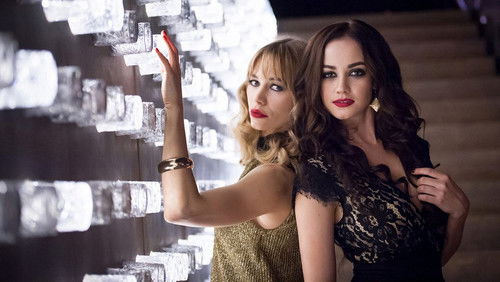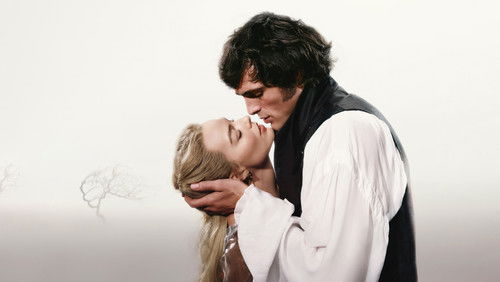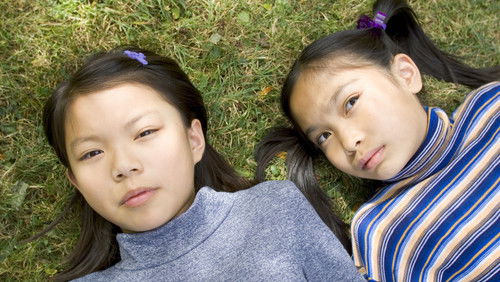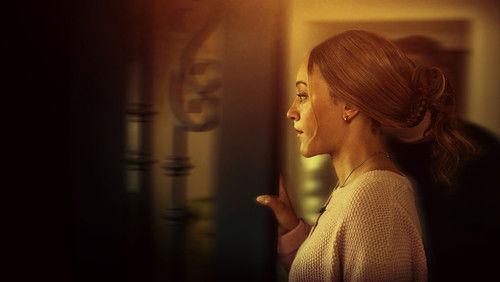Der Mann mit der grünen Nelke (1960)
53KDer Mann mit der grünen Nelke: Directed by Ken Hughes. With Peter Finch, Yvonne Mitchell, James Mason, Nigel Patrick. A chronicle of Oscar Wilde’s libel suit against the Marquis of Queensberry and the tragic turn his life takes because of it.
“Whilst I enjoyed this – the trial scenes are still quite difficult to watch even now – I am still not convinced that Peter Finch was a great choice in the title role (even though he did win the BAFTA that year). It was made in 1960, when homosexuality was still as illegal in Britain as it had been during the time this world-renowned playwrightu0026#39;s was the toast of London society with his coterie of young men attending upon him. Most notable amongst his intimates is the handsome, young, Lord Alfred Douglas (John Fraser) who happens to be the son of the Marquess of Salisbury (an excellent Lionel Jeffries). The peer becomes increasingly outraged by the behaviour of Wilde and his son, a frustration frequently exacerbated by the writeru0026#39;s ability to ridicule him whenever they have any public exchanges. When Queensbury leaves him an accusatory note, Wilde decides to go to law and the ensuing trials, as we all know from history, prove his undoing. Ken Hughes has managed to create a fine looking film, the costumes, sets and whole ambiance of the film are fine – but aside from the punishingly astute lawyer Sir James Carson (James Mason) at the initial libel trial, the film is just too lightweight and theatrical. It skirts around the main issues – bigotry, fear and profound intolerance, coupled with the willingness of a jury in a court of law to rely on little more than prejudiced gossip – in far too light a manner. His associates – not just Fraser, but wife Constance (Yvonne Mitchell) and u0026quot;Robbieu0026quot; (Emrys Jones) donu0026#39;t really catch fire either. I much preferred the Morley/Richardson version (also from 1960) – perhaps because it was black and white, and was far less reliant on the look and more on the depiction of the characters. As the title suggests this film focusses on the lead up to and the trials, so we get none of the poignancy of the story of the aftermath of his time in Reading – which leaves us with an impression of a witty but arrogant gent who, frankly, isnu0026#39;t very pleasant. Good, but not outstanding.”









